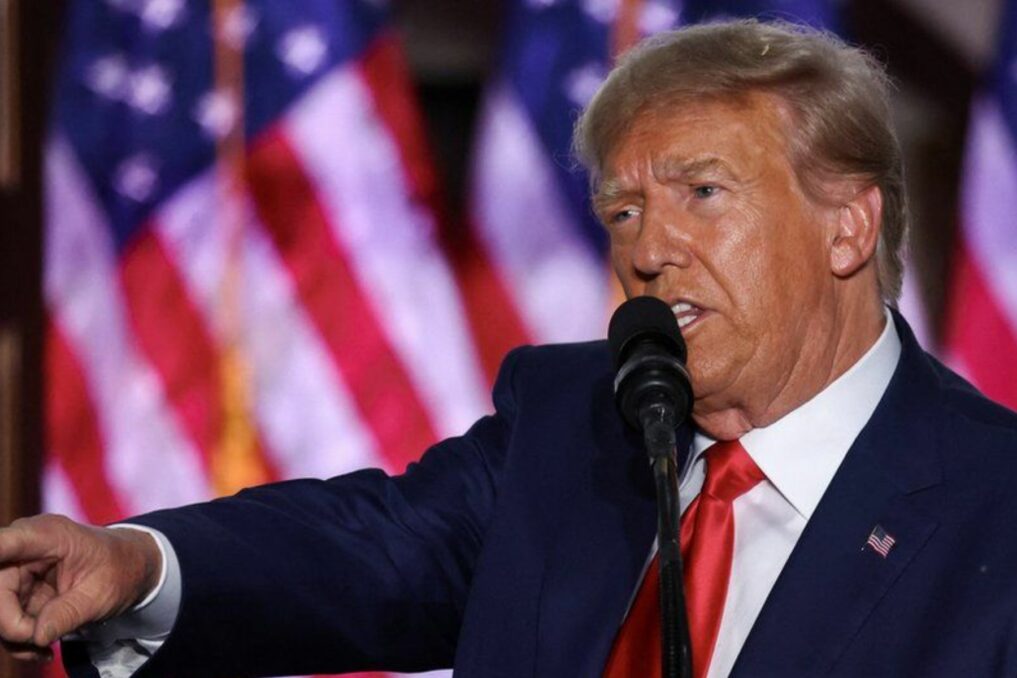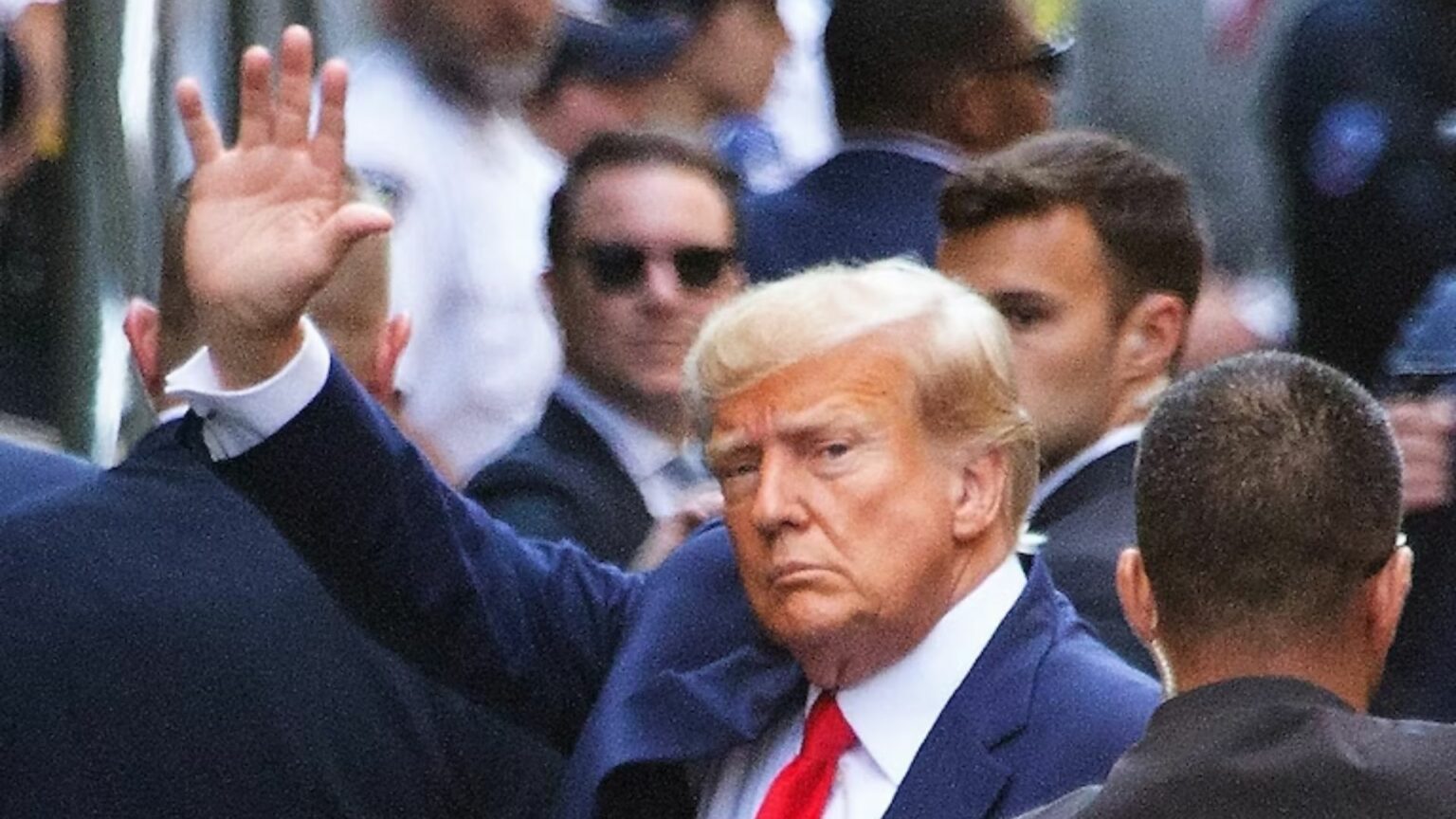The most recent indictment against the former president of the United States, Donal Trump, comes shortly after he was accused of keeping secret material related to national defence. Federal prosecutors have accused Donald Trump over his attempts to change the results of the 2020 election in a desperate attempt to maintain office.
Table of Contents

Six additional co-conspirators who were integral to the scheme to keep Trump in office were named in the indictment. The descriptions that were provided of five of the six people matched those of the Trump attorneys Rudy Giuliani, Sidney Powell, John Eastman, and Ken Chesebro as well as the former US justice department employee Jeff Clark, despite the fact that they went nameless.
The Four Indictments Against Donald Trump
The investigation into the circumstances leading up to the incident at the US Capitol on January 6, 2021, is over with the indictment.
77-year-old Mr. Trump, who is once again seeking the presidency, denies wrongdoing. He described the situation as “ridiculous” on social media platforms.
The Republican legislator has already been accused of fabricating business records to hide a hush-money payment to a porn star and handling confidential documents improperly in two other incidents.
The former president is charged with conspiracy for defrauding the government of the United States, scheming to hinder an official procedure, plotting against rights, obstruction and attempt to obstruct an official proceeding, and other related offences. Several pages of the indictment also focus on Trump’s voter fraud in Georgia.
Federal prosecutors have laid out their case in great detail in the 45-page indictment, charging Trump with intentionally spreading false claims of fraud, assembling phoney slates of electors, and attempting to prevent the certification of the election on January 6.
Donald Trump’s Obsession with power
As stated by the federal prosecutors, Donald Trump was someone who was “obsessed with power.” In order to foster an “intense national atmosphere of distrust and hostility. For two months after his election loss, prosecutors argued that his conduct had “eroded public confidence in the administration of the election.” Trump circulated lies. They gave the Georgia case, where Trump insisted that more than 10,000 dead persons had cast ballots in just four days, despite the fact that the state’s chief elections officer had informed him that this was untrue.
Federal prosecutors have addressed Mr. Trump’s 2020 allegations of voting fraud by stating: “These claims were false and the defendant knew that they were false.”
The charges also assert that Mr. Trump attempted, but failed, to convince Vice President Mike Pence to try and stop Mr. Biden from taking the oath of office on January 6, 2021.
What to expect on Thursday’s Arraignment
Donald Trump, the former president, has been ordered to appear before the U.S. Magistrate Judge Moxila A. Upadhyaya in Washington, D.C. He is the one who also accepted Trump’s indictment.
The formal arraignment, a public court proceeding, may ask Trump to make a plea.After hearing from the prosecution and the defence, the judge will decide on the terms of a person’s release pending trial.
“The attack on our country’s capital on January 6, 2021, was an unparalleled onslaught on the centre of democracy in the United States, and according to the indictment, “it was fueled by lies,” Special Counsel Jack Smith stated to the media. “Lies told by the defendant with the intention of impeding a crucial government task,” he continued.












